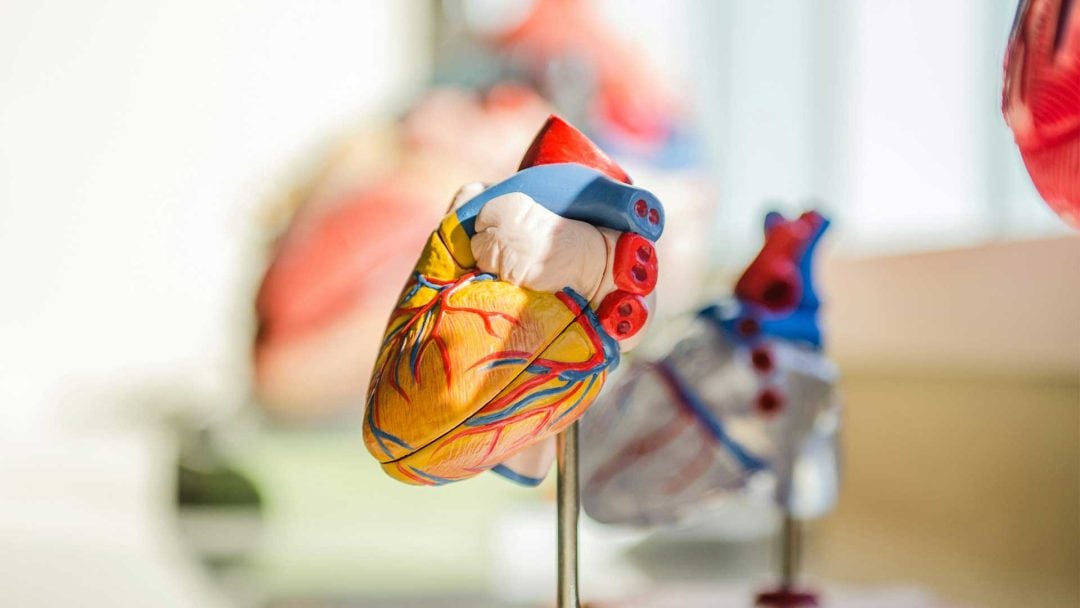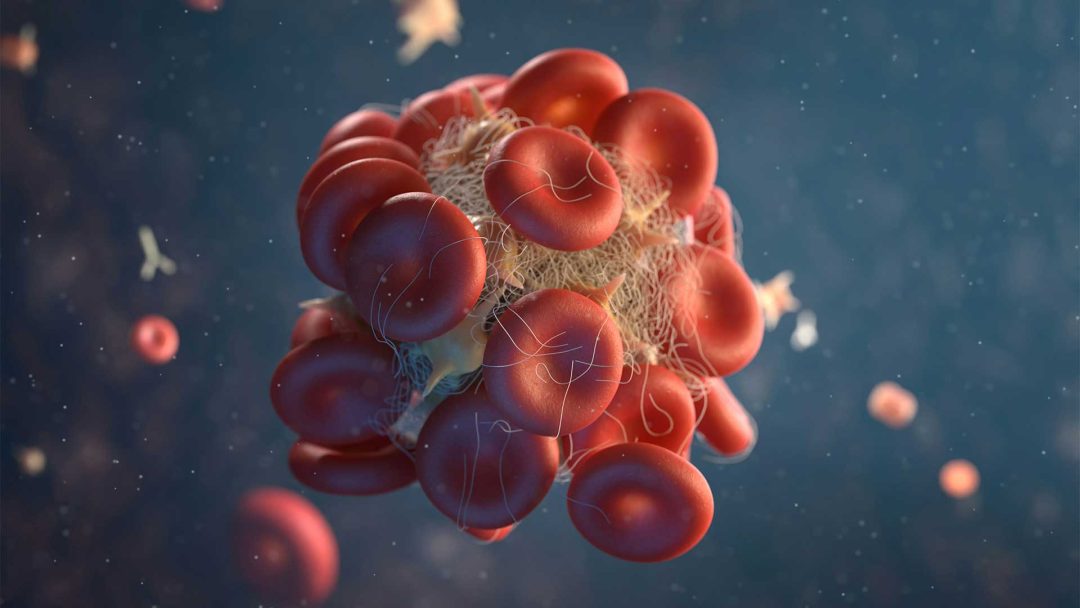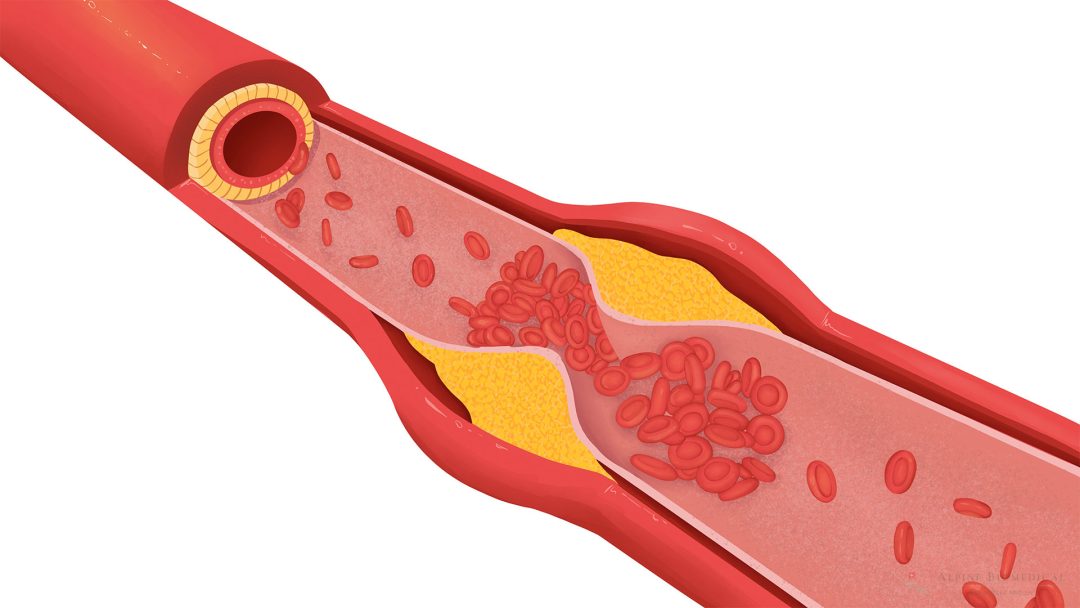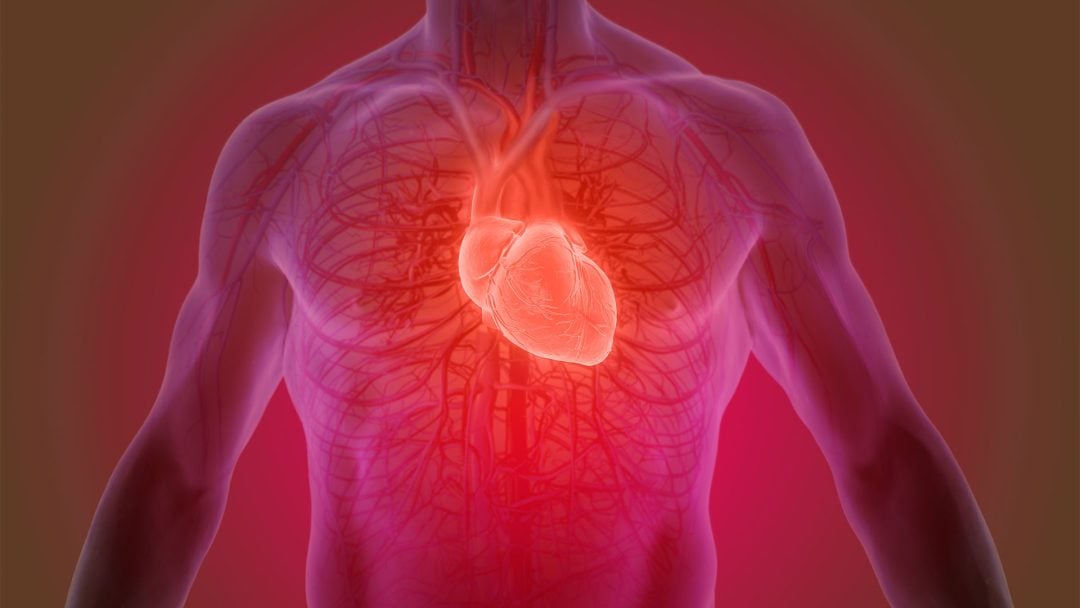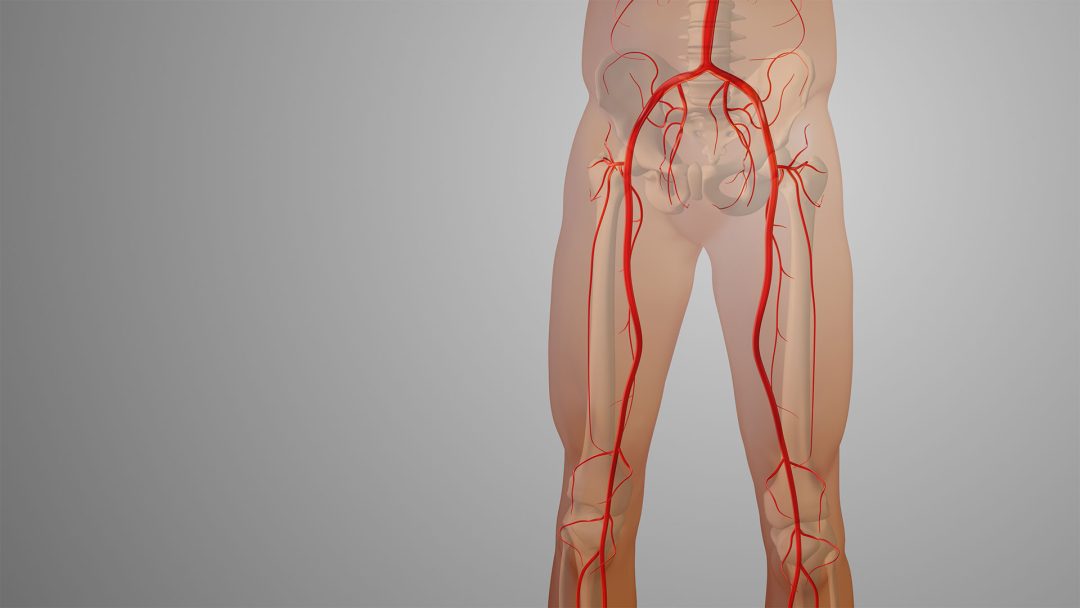Cardiovascular Diseases
Cardiovascular diseases form a diverse group of health problems that affect the heart and vascular system and often progress with age. Symptoms can range from chest pain and shortness of breath to dizziness or even fainting.
In this section you will find articles on some common cardiovascular diseases:
Stroke
A stroke can be caused by a vascular occlusion or a cerebral haemorrhage and is a medical emergency.
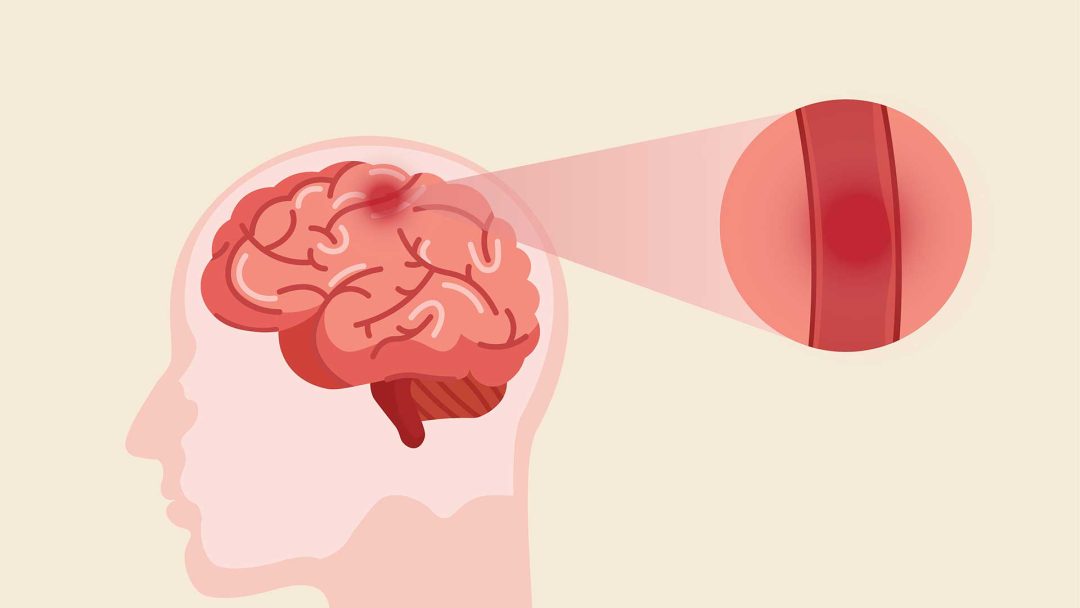
Heart Failure
In heart failure, the heart is no longer able to pump a sufficient amount of blood through the body to supply all organs with sufficient oxygen.

Lower Cholesterol
Cholesterol fulfils many important functions in the body. In order to lower cholesterol in a healthy way, a number of aspects should be taken into account.

Coronary Artery Disease
Coronary artery disease is caused by a gradual narrowing of the coronary arteries. This can result in a heart attack.

Thrombosis
Thrombosis is the formation of a blood clot (thrombus) in a blood vessel. Arteries or veins can be affected.

Low Blood Pressure
Low blood pressure can lead to the cells no longer being supplied with sufficient oxygen and nutrients.

Arteriosclerosis
Atherosclerosis is a disease of the arteries characterised by deposits of calcification in the vessel walls.

High Blood Pressure
Hypertension is a widespread health disorder characterised by persistently elevated blood pressure.

PAD
PAD is a vascular disease affecting the arteries that supply blood to the extremities.

Types of Cardiovascular Disease
The most common diseases include coronary artery disease, heart failure, arteriosclerosis and stroke. These diseases can have a serious impact on quality of life and require comprehensive treatment.
Unhealthy lifestyle habits such as smoking, poor diet, lack of exercise and excessive alcohol consumption are considered to be the main triggers of cardiovascular disease. Genetic predisposition and chronic inflammatory diseases also play a role in their development.
The importance of environmental factors is also increasingly coming into focus, as various environmental toxins, such as pesticides, herbicides, heavy metals and plastic nanoparticles, can accumulate in the body and contribute to such disorders.
Therapy of Cardiovascular Diseases
Conventional therapy often focuses on drug treatments to lower blood pressure and cholesterol and, in severe cases, surgical interventions such as bypass operations or stent implantations. However, these measures can be associated with serious side effects and do not always take into account the underlying causes of the diseases.
Holistic medicine aims to identify the causes and focuses on lifestyle changes such as a healthy diet, regular exercise and the elimination of deficiencies in the body through micronutrients and detoxification measures. It is particularly important to eliminate heavy metals with chelates in order to restore the enzyme chains in the body and support the metabolism.
Early diagnosis, preventive measures and continuous medical care are crucial to reduce the risk of cardiovascular disease and improve quality of life. A holistic approach enables comprehensive treatment and can help to address the underlying causes rather than just treating the symptoms.
Proper functioning of the heart and blood vessels is essential for long-term health. Cardiovascular diseases should always be treated in a cause-oriented manner.
All Blog Categories
See all blog categories below.
- Allergies
- Autoimmune Diseases
- Bone and Joint Diseases
- Cancer
- Cardiovascular Diseases
- Chronic Pain
- Dementia
- Detoxification
- Ear Diseases
- Exhaustion
- Gastrointestinal Disorders
- Immune Disorders
- Infectious Diseases
- Inflammation
- Intolerances
- Medication
- Men's Health
- Menopause
- Metabolic Disorders
- Minerals
- Neurological Diseases
- Nutritional Supplements
- Respiratory Diseases
- Skin Cancer
- Skin Diseases
- Thyroid Diseases
- Trace Elements
- Tumor
- Vitamins
- Women's Health


